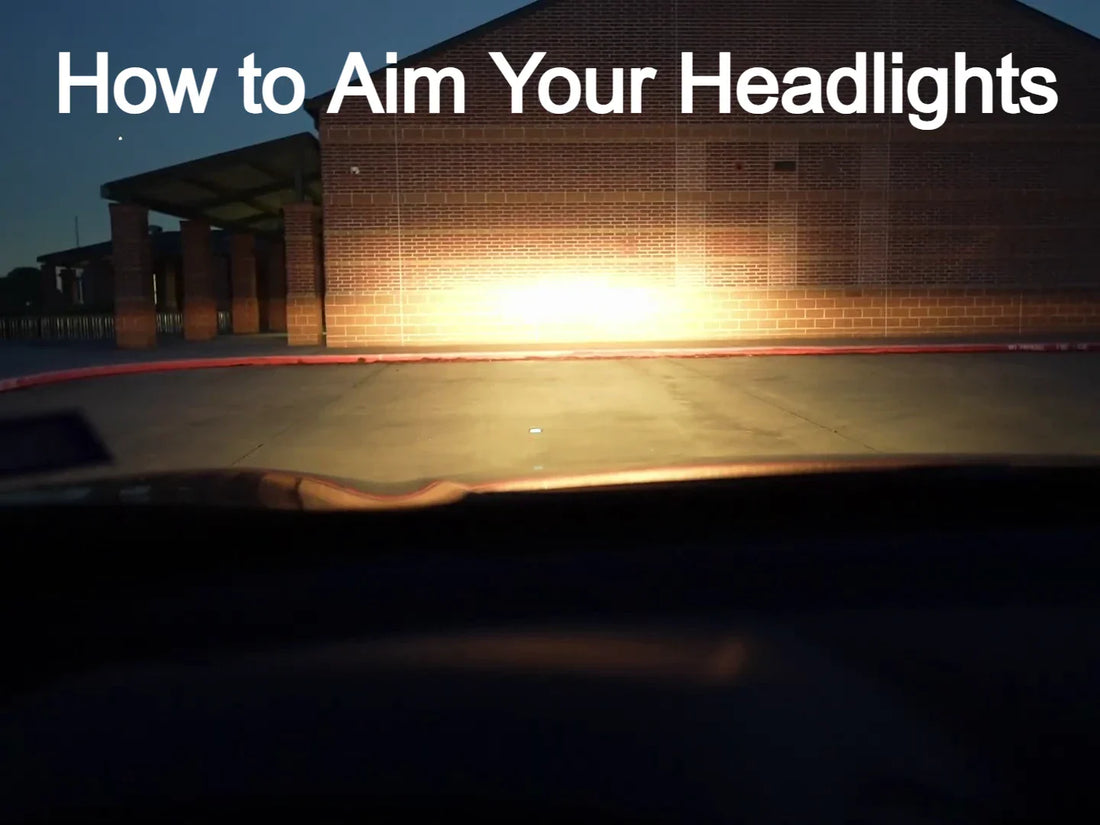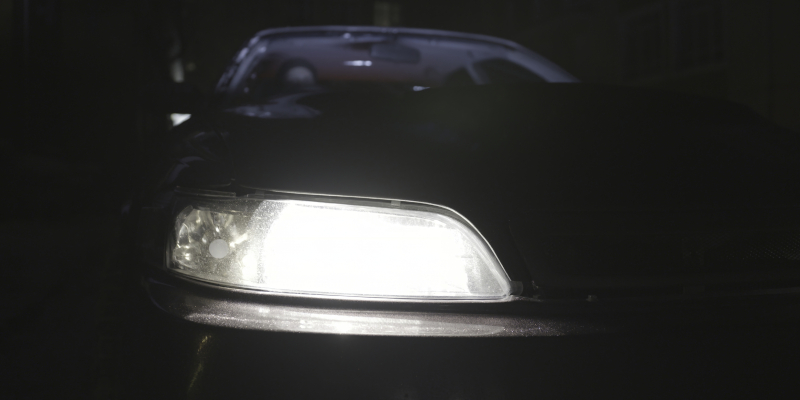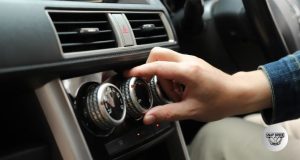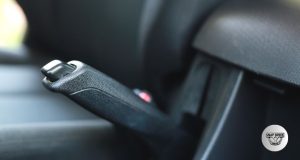Last Updated on October 16, 2025 by Aaron Blake
Have you ever thought about how much your headlights and taillights affect your safety on the road? These simple lights do more than just help you see—they make sure others see you too.
When your lights are bright and clear, you reduce the risk of accidents and keep yourself and others safe. You’ll discover why making your headlights and taillights visible is one of the easiest and smartest ways to protect yourself every time you drive.
Keep reading to find out how a small change can make a big difference for your safety.

Credit: hawkglow.com
Contents
Role Of Headlights In Road Safety
Headlights are vital for safe driving, especially at night. They help drivers see the road and spot hazards early.
Good headlights reduce accidents by improving visibility and communication between drivers.
Enhancing Nighttime Visibility
Headlights light up the road ahead during dark hours. This helps drivers detect obstacles, signs, and pedestrians.
- Illuminate the road clearly
- Help spot animals or people early
- Improve depth perception in low light
- Allow safe driving on curves and hills
Signaling Intentions To Others
Headlights also signal a vehicle’s presence and movements to others. This communication prevents collisions.
| Headlight Use | Purpose |
| Low Beam | Light road without blinding other drivers |
| High Beam | Increase visibility on empty roads |
| Flashing Headlights | Warn other drivers or signal intentions |
Taillights And Rear Visibility
Taillights help drivers see your vehicle from behind. They are essential for safe driving at night and in low light.
Rear visibility means how well drivers can see behind their cars. Good taillights improve this visibility for others on the road.
Preventing Rear-end Collisions
Bright and clear taillights warn drivers behind you. They show when you slow down or stop your car.
Good rear visibility helps drivers keep a safe distance. It lowers the risk of rear-end crashes on busy roads.
- Taillights signal your actions to other drivers
- Clear lights reduce confusion at night
- Proper rear visibility helps drivers react faster
Importance In Bad Weather Conditions
In rain, fog, or snow, taillights make your car visible. They cut through poor weather to warn other drivers.
Good rear visibility helps drivers see your vehicle in tough weather. This lowers the chance of accidents in bad conditions.
- Bright taillights stand out in fog or rain
- Clear signals help drivers judge distance correctly
- Rear visibility aids safe driving in low visibility
Maintenance Tips For Optimal Light Performance
Headlights and taillights are vital for safe driving. Proper maintenance keeps them bright and clear.
Clean and check your lights often. Replace parts when needed to avoid accidents.
Regular Cleaning And Inspection
Keep headlights and taillights free of dirt and grime. Dirty lenses reduce light output and visibility.
- Use a soft cloth and mild soap to clean the lenses
- Inspect for cracks or cloudiness on the lens surface
- Check light brightness and beam direction regularly
- Remove any moisture inside the light housing
Replacing Bulbs And Lenses
Old or broken bulbs and lenses lower safety. Replace them quickly to maintain performance.
| Component | Signs of Replacement | Replacement Tips |
| Bulbs | Dimming, flickering, or burnt out | Use correct type and wattage |
| Lenses | Cracks, yellowing, or cloudiness | Choose OEM or quality aftermarket parts |
| Light Housing | Moisture or damage | Seal properly to avoid leaks |

Credit: jbtintz.com
Common Mistakes To Avoid
Headlights and taillights keep drivers safe on the road. Good visibility helps prevent accidents. Many drivers make simple mistakes that reduce light effectiveness.
Knowing these errors helps you fix them quickly. Avoiding them improves your safety and the safety of others.
Using Incorrect Light Settings
Using wrong light settings can blind other drivers or make you hard to see. Some drivers leave high beams on in traffic. Others forget to turn on lights at night.
- Do not use high beams in city areas or near other cars.
- Turn on headlights at dusk and in bad weather.
- Use fog lights only in foggy conditions.
- Check if daytime running lights work properly.
Ignoring Light Malfunctions
Broken or dim lights reduce your visibility and confuse others. Many drivers delay fixing bulbs or ignore warning signs.
| Common Problem | Effect | Action Needed |
| Burned-out bulb | No light on that side | Replace bulb immediately |
| Dim lights | Reduced visibility | Clean or replace lens and bulb |
| Faulty wiring | Lights flicker or fail | Have a mechanic inspect |

Credit: carpartslights.com
Frequently Asked Questions
Why Is Headlight Visibility Important For Safe Driving?
Headlight visibility helps drivers see the road clearly in the dark and avoid accidents.
How Do Taillights Improve Road Safety At Night?
Taillights show your car’s position to others, preventing rear-end collisions in low light.
What Happens If Headlights Or Taillights Are Not Visible?
Other drivers may not see your vehicle, increasing the risk of crashes and fines.
How Often Should Headlights And Taillights Be Checked?
Check them every month to ensure they work well and stay bright.
Can Poor Headlight Visibility Cause Legal Issues?
Yes, poor visibility can lead to traffic tickets and legal penalties in many areas.
Conclusion
Headlights and taillights keep you safe on the road. They help others see your vehicle in dark or bad weather. Clear lights reduce accidents and save lives. Always check your lights before driving at night. Clean and working lights make driving easier.
Bright lights warn pedestrians and other drivers. Never ignore broken or dim headlights and taillights. Safety starts with good visibility. Drive smart, stay visible, and protect everyone on the road.





